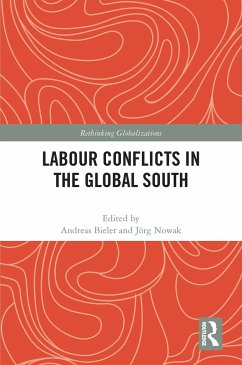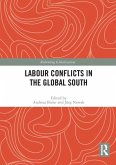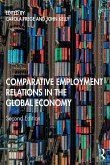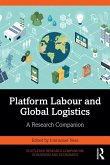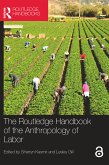Against the background of the global economic crisis since 2007/2008 and increasing inequality across the world, the Global South has experienced widespread, large-scale industrial action, including in countries such as China, Brazil, India and South Africa, which had been hailed as the new growth engines of the global political economy as part of the so-called BRICS.
This volume systematically evaluates how the new forms of labour mobilization witnessed in the past ten years responded to the predominance of the informality-precarity complex of industrial relations and what conclusions can be drawn for potentially successful strategies against exploitation in the future. Can we identify a convergence of new approaches across the Global South, or do we witness an ongoing fragmentation of actors, models and strategies? In addressing this question, consideration is given to issues of class as well as gender and race.
The chapters in this book were originally published as a special issue of the journal Globalizations.
This volume systematically evaluates how the new forms of labour mobilization witnessed in the past ten years responded to the predominance of the informality-precarity complex of industrial relations and what conclusions can be drawn for potentially successful strategies against exploitation in the future. Can we identify a convergence of new approaches across the Global South, or do we witness an ongoing fragmentation of actors, models and strategies? In addressing this question, consideration is given to issues of class as well as gender and race.
The chapters in this book were originally published as a special issue of the journal Globalizations.

